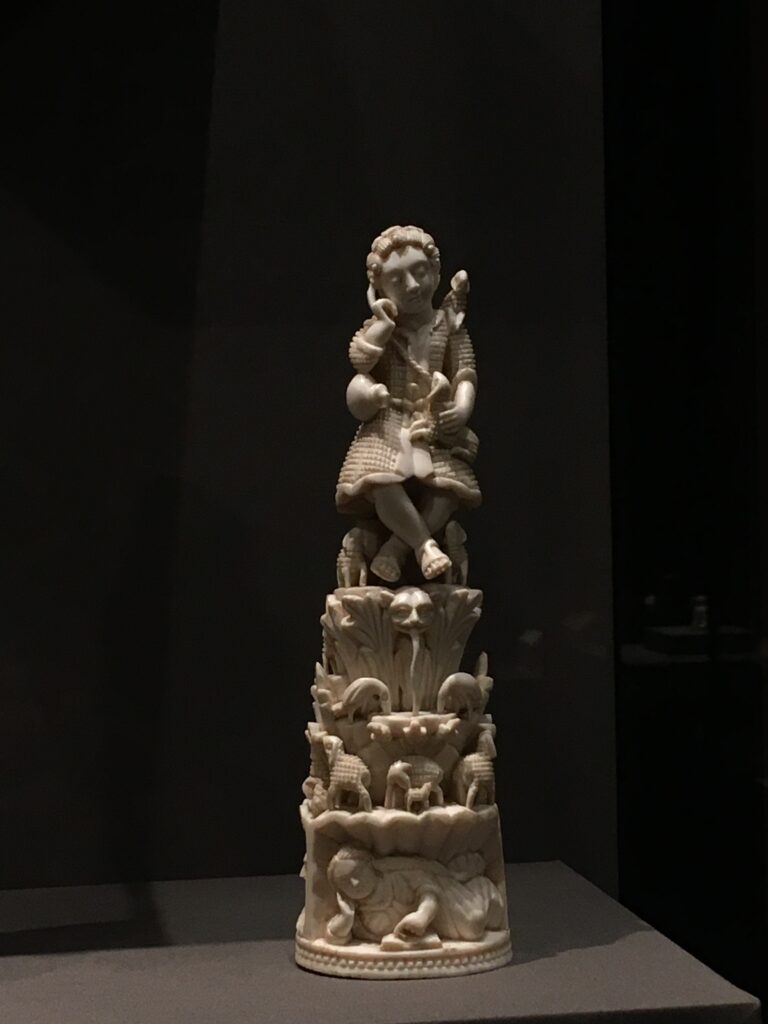The first Kumārila conference took place at the University of Toronto in 2024. You can read more about why we need to read and write more about this key Sanskrit philosopher here: https://elisafreschi.com/2025/02/28/kumarila-conference-2025/
The second Kumārila conference will take place again at University of Toronto, this time at the St George campus. You can read more about the event’s announcement here: https://philosophy.utoronto.ca/event/kumarila-conference-2/
This conference has the form of a workshop and its purpose is to make progress towards the publication of a “Kumārila Reader”. This will include translations of (large-enough) passages by Kumārila and introductions highlighting their context and philosophical relevance. Most participants have already presented their translations last year and this year they will be able to fine-tune them. Participants will have 1—2 hours time to discuss their draft translations.
If you have a 2-hours slot, we encourage you to quickly remind the other participants about the topic, then discuss selected passages within it. You may want to first present and then have a 30 minutes discussion, but you may also want to integrate the discussion within your presentation.
If you have a 1-hour slot, we encourage you to present your topic and/or discuss selected passages in 30–45 minutes, then have some time dedicated to Q and A.
Please read the updated program below:
Monday May 5th
Chair: Nilanjan Das
8.30 onwards: Breakfast
9–11 John Nemec ŚV, Saṃbandhākṣepaparihāra 42cd-114ab
11–11:15 Tea break
11:15-12:15pm Alex Watson, ŚV ātmavāda
12.15–1.15 Long Yin Sin ŚV Pratyakṣapariccheda 171-185
1:15–2:15 Lunch break
2:15–3:15pm Alessandro Ganassi, ŚV on ākṛti
3.15–3.30: Tea break
Chair: Ajay Rao
3.30–5.30 Hugo David, ŚV vākyādhikaraṇa
Tue May 6th
Chair: Srilata Raman
8.30 onwards: Breakfast
9–11 Tarinee Awasthi, mantrādhikaraṇa (TV 1.2.4)
11–11:15 Tea break
Chair: Elisa Freschi
11:15-1:15pm Jonathan Peterson, virodhādhikaraṇa and śiṣṭākopādhikaraṇa (TV 1.3.3)
1:15–2:15 Lunch break
Chair: Nirali Patel
2:15-4:15pm Andrew Ollett, anuṣaṅgādhikaraṇa (TV 2.1.16)
4.15–4.30: Tea break
4.30–5.30: Sarju Patel, Tantravārttika 1.3.7
Wed May 7th
Chair: Vincent Lee
8.30 onwards: Breakfast
9–10 Kei Kataoka, bhāvārthādhikaraṇa (TV 2.1.1)
10–10:15 Tea break
10.15–12.15: Alessandro Graheli, vyākaraṇādhikaraṇa (TV 1.3.adh. 9)
12:15–1 Lunch break
Chair: Taisei Shida
1–3pm Malcolm Keating, tatsiddhipeṭikā (TV 1.4.23)
3–5: (Philosophy Department’s party, everyone is invited to join)
Thu May 8th
Chair: Munena Moiz
8.30 onwards: Breakfast
9–10 Kiyotaka Yoshimizu, deities (ṬṬ 9.1.6–10 and 10.4.23)
10-10:15: Tea break
10:15–12:15: Monika Nowakowska, similarity (TV ad 1.4.adh. 4, sū 5)+ŚV upamāna
12:15-1:15pm Lunch break
Chair: Jesse Pruitt
1:15-3:15pm Larry McCrea, vājapeyādhikaraṇa (TV 1.4.adh.5)
3.15–3.30: Tea break
3.30–5.30: Akane Saito, viniyogādhikaraṇa (TV 3.1.2)
Fri May 9
Chair: Shashank Rao
8.30 onwards: Breakfast
9–10: Kei Kataoka (part 2)
10–11: Alex Watson (part 2)
11–12: Final thoughts and next steps towards publication
12:15: lunch together (RSVP)
Venue: JHB 100 (Mon-Wed); JHB 318 (Thu); JHB 418 (Fri)
All breakfasts and lunches will take place at the same location as the conference, apart from the final lunch (at the Clay Restaurant)
Let me know if you want to join!

